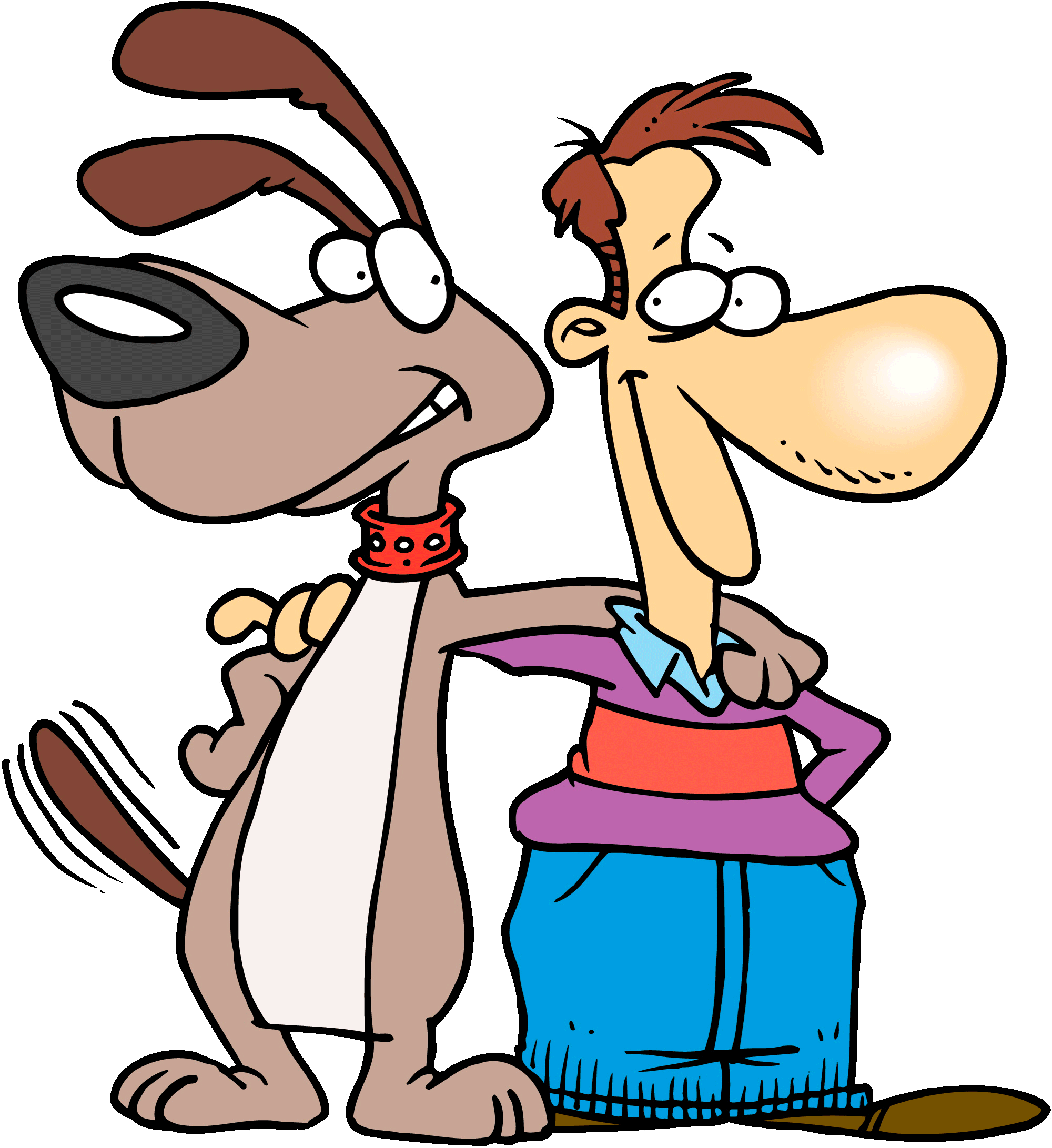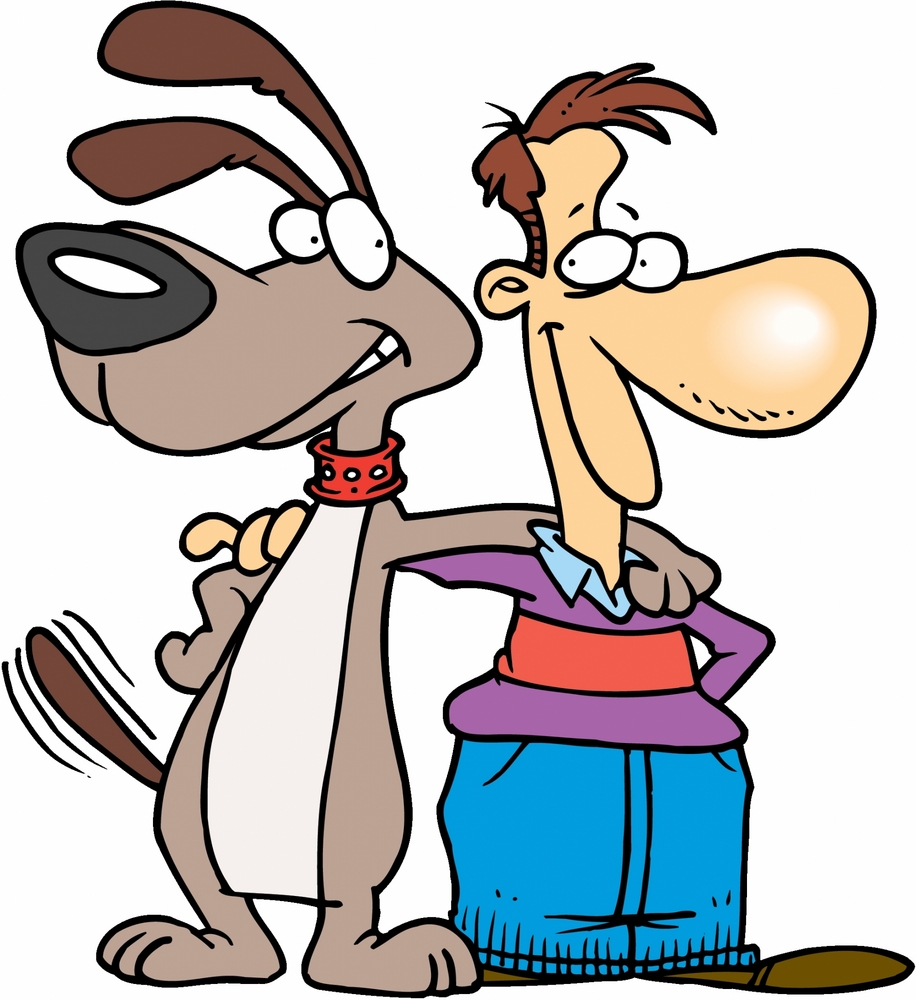
Happy Tails Dog Behavior & Training
Any Dog Any Problem Positive Solutions Based In Science
Veterinarian Recommended - Dog Approved
- Home
- Classes
- Contact Us
- Puppy classes
- Dog Obedience Class 1
- Dog Obedience Class Level 2
- Reliable Recall Class
- Pet Store
- Pet Store Coupons & Sales
- Events
- private dog training
- Stop Leash Pulling
- dog training prices
- Dog Park
- Reviews
- dog training long distance
- Articles
- poisons to dogs
- Separation Anxiety
- Anxiety and Phobias in Dogs
- videos and pics
- About Dog Training & Behavior Services
- Dog Health Warnings
- Dog Treat Recipes & Kong Stuffing
- how to choose dog food
- About Dog Psychologist
